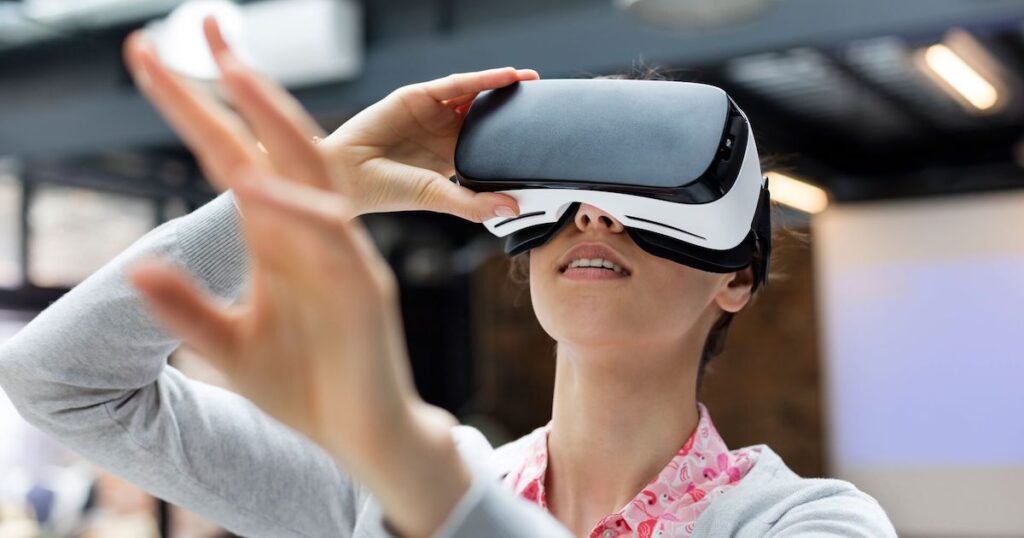Boston-based virtual reality platform XRHealth announced it was awarded a U.S. patent for a learning system technology that adjusts training and treatment protocols according to a patient’s biometric and motion data.
XRHealth’s platform allows patients on the autism spectrum and those with stress, anxiety, chronic pain, fibromyalgia and neurological conditions to connect with a provider via telehealth and receive recommended therapies on a virtual reality headset sent to the patient’s home. Data is collected and transferred to the provider, and patients can track their progress via XRHealth’s mobile app.
The patent awarded is for XRHealth’s technology that collects biometric data, including blood pressure, heart rate, breathing rate, perspiration, and inhalation and exhalation volume, showing how a patient’s body and cognition function during therapy, as well as the patient’s psychological or physiological state.
XRHealth’s technology will first be used to combine Apple Watch with Apple’s new augmented reality headset announced last week, dubbed the Apple Vision Pro, to provide closed loop AI-enabled treatment.
“The new patent enables XRHealth to tailor treatments to the direct biological responses of our patients in real-time, allowing us to create powerful solutions with strong impact,” Eran Orr, CEO of XRHealth, said in a statement.
“Biofeedback provides unique insight into the individual responses and needs of patients and ‘shows’ our solution how to interact with them and adjust treatment as necessary. We believe that with the combination of the Apple watch, Apple Vision Pro headset, and our IP, we will be able to create AI closed loop treatments that will be very powerful for people around the world.”
MARKET SNAPSHOT
In 2020, the company received a patent enabling it to create extended reality (XR) therapies based on its biofeedback technology that measured heart rate variability, galvanic skin response, EEG and other responses for pain management.
That same year, the company scored $7 million in funding and a $450,000 grant from the Israeli Innovation Authority to provide hospitals in Israel with telehealth services to combat the effects of COVID-19.
In 2021, XRHealth announced the launch of a VR program aimed at chronic pain management as part of a partnership with ehealth company Reducept.
Last year the company announced it raised $10 million in funding to expand VR-focused healthcare treatment in the metaverse.
Last week, Apple announced the release of its long-anticipated augmented reality headset, Apple Vision Pro, which comes equipped with eye-tracking technology.
Companies such as CVS Health’s HDMS, which works with analytics, big data, and artificial intelligence, have expressed interest in utilizing eye-tracking technology to gather new types of data, including a user’s drug consumption habits and biometric identity, that would not be otherwise available.

